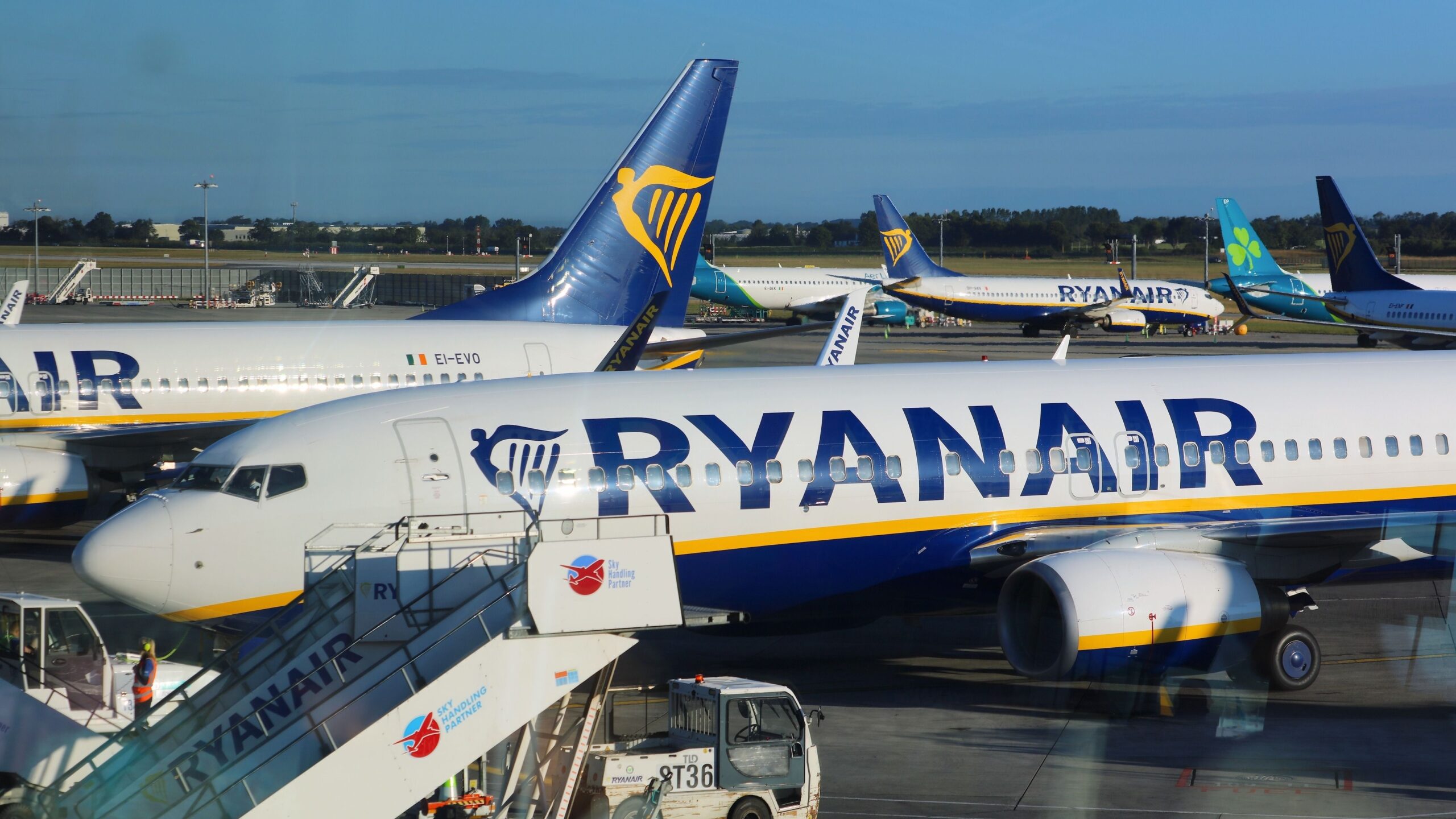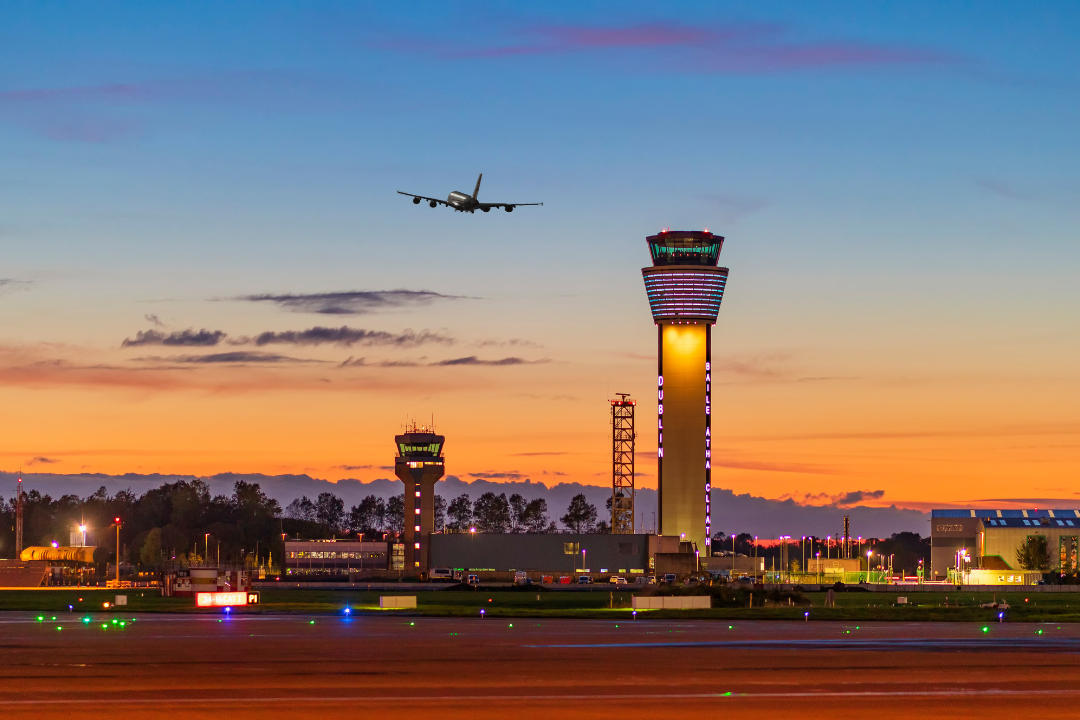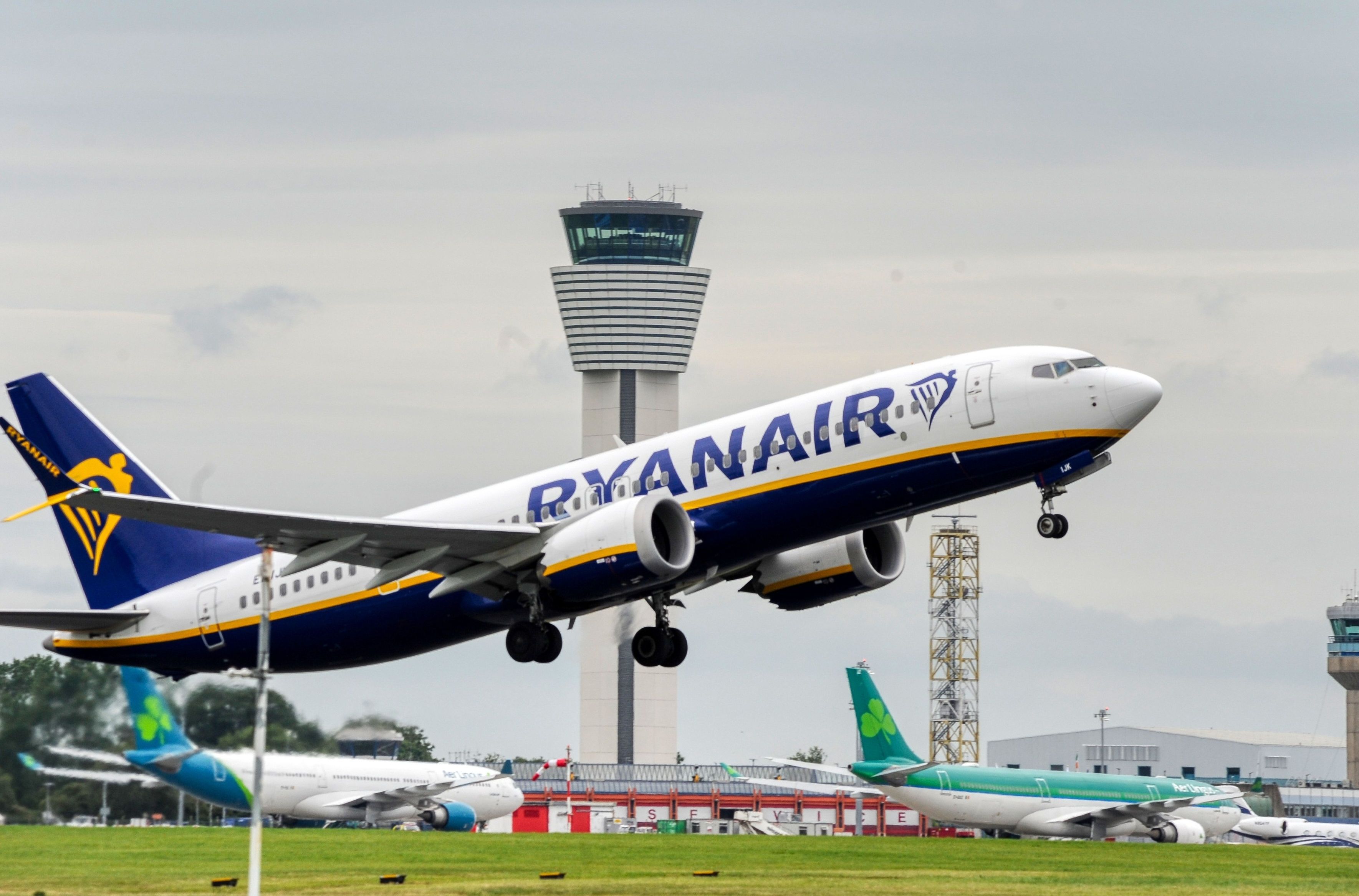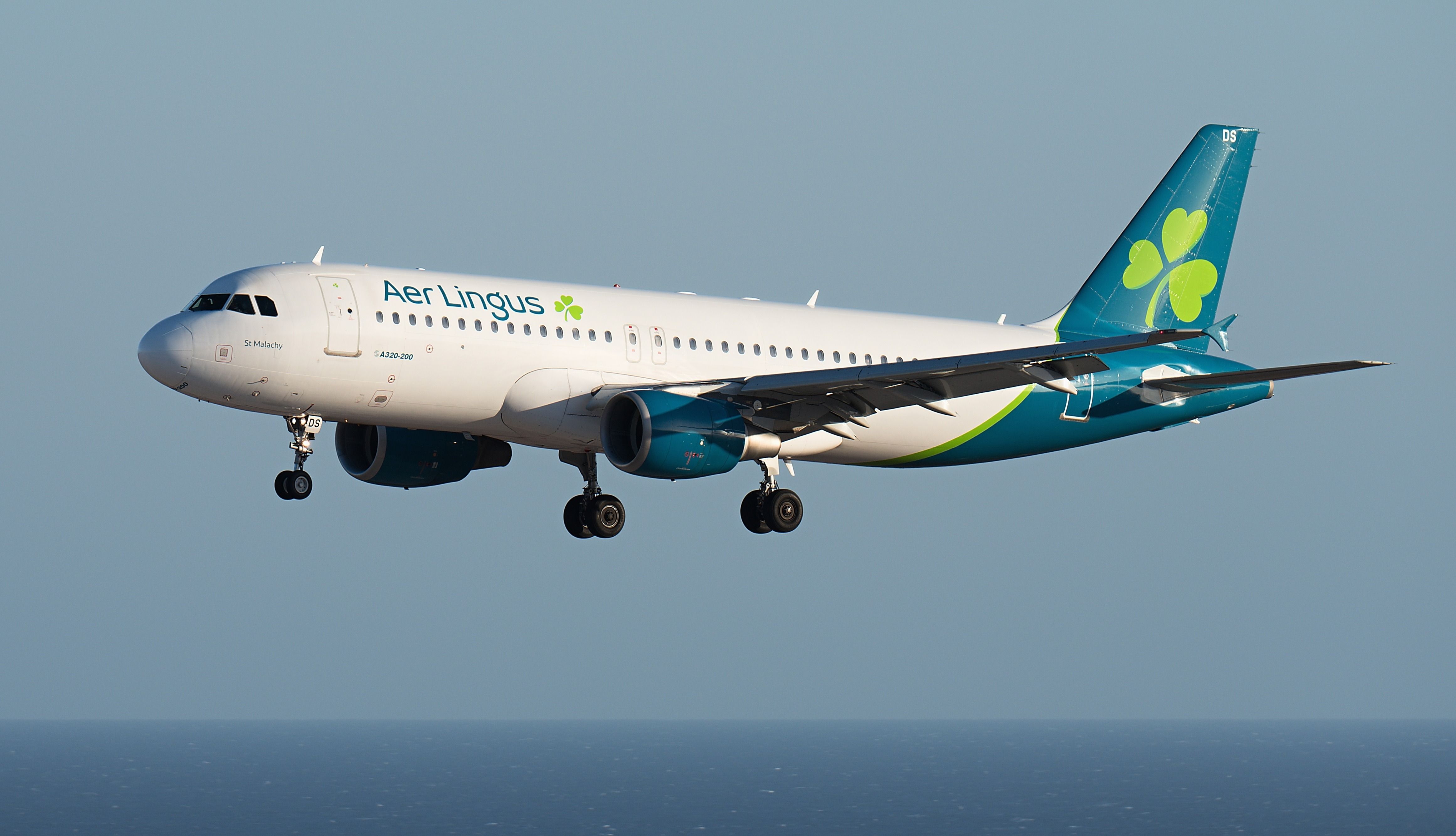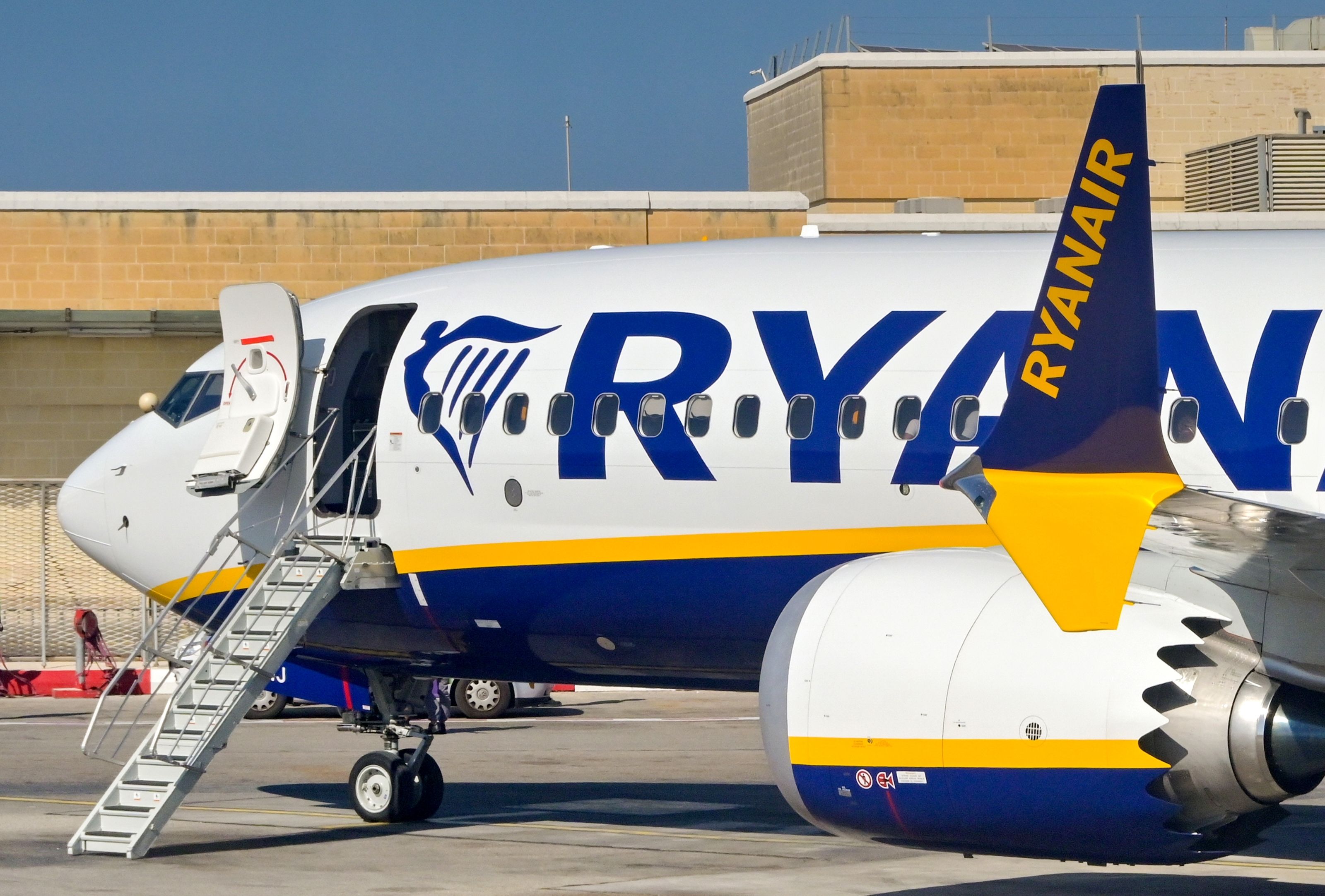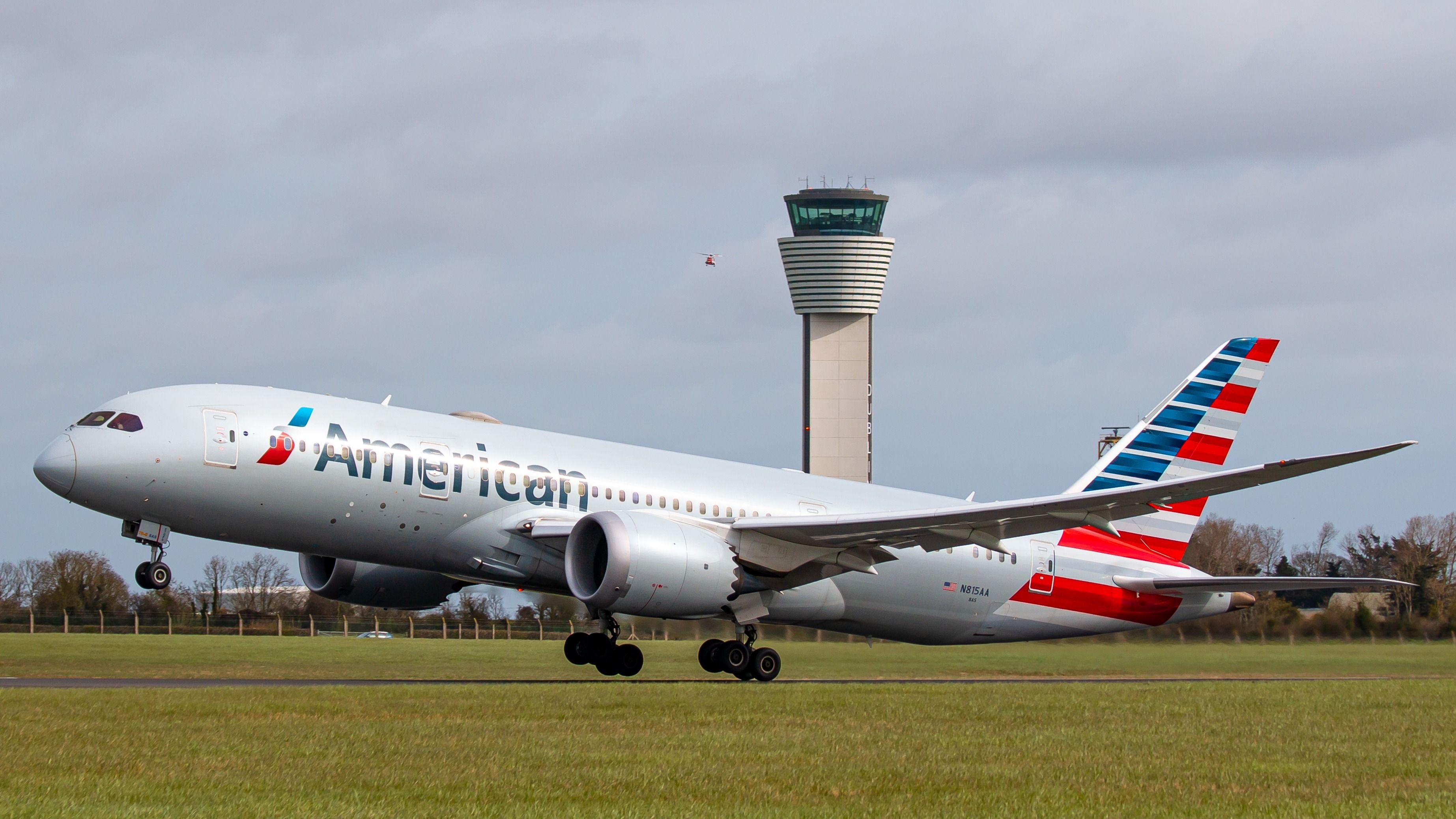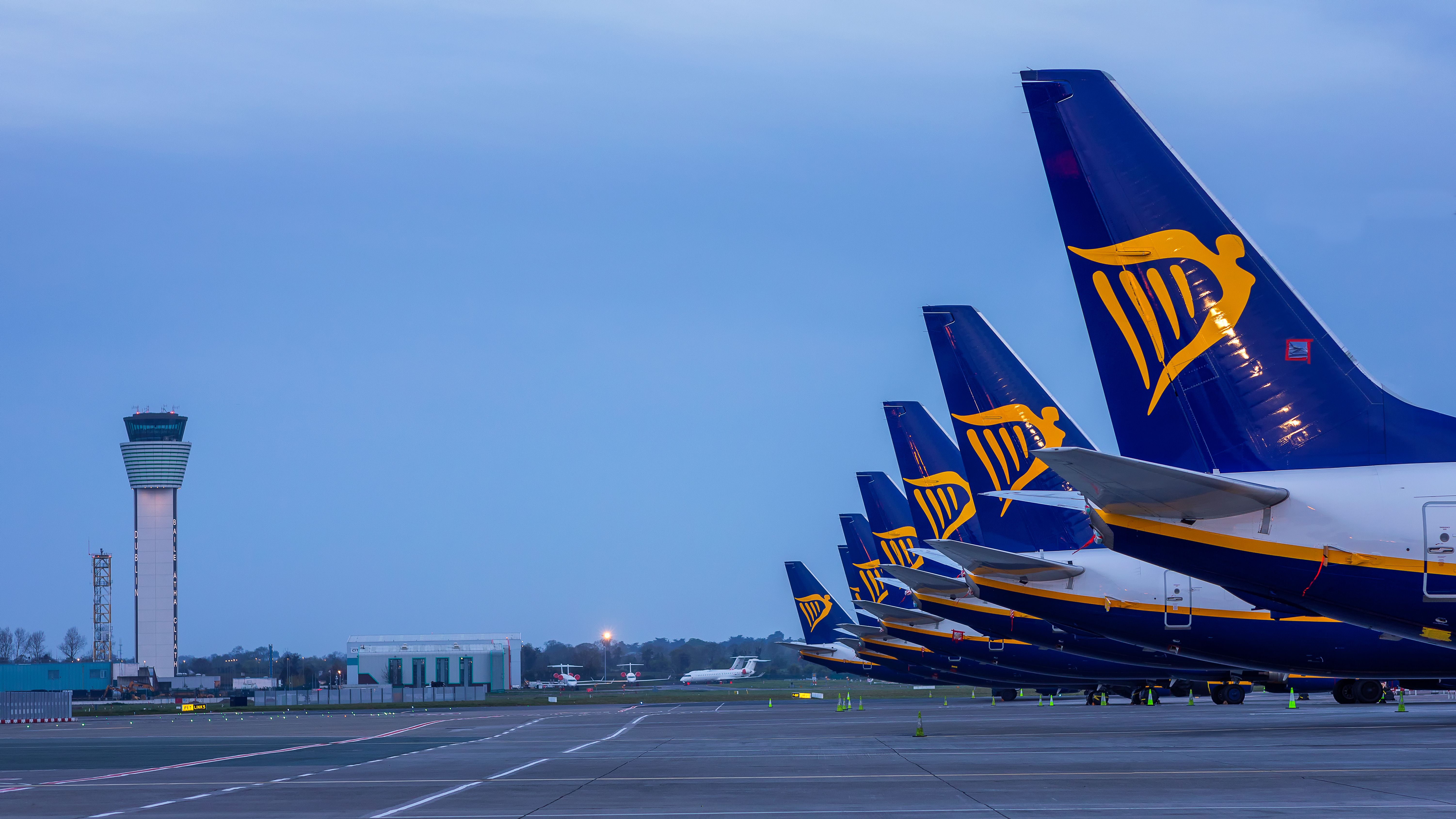Airlines, including Aer Lingus, Ryanair, and the trade association of several United States carriers, Airlines for America
(A4A) have, for now, won their case against the passenger cap at Dublin Airport (DUB).
Welcoming news
For the time being, the passenger cap at Dublin Airport
(DUB) was removed by Judge Barry O’Donnell, preventing the Irish Aviation Authority (IAA) from imposing the seat cap of 25.2 million passengers at Dublin Airport (DUB).
“The stay will apply pending the determination of the proceedings and each of them, or until further order of this Court.”
Photo: Peter Krocka | Shutterstock
O’Donnell’s ruling read that while the applicants’ losses would not be compensated by an award of damages, the harm was an interference with what could be described as statutory rights to their historic series of slots.
“Those rights are asserted to be in the nature of protected property rights and, again for the purposes of this application, there is a very strong argument that those rights could not be restored if the applicants succeeded at trial. In that regard, the question arises as to whether the applicants will be left without an effective remedy to vindicate their EU law rights if the stay is not granted but they succeed at trial.”
The airlines had to act quickly since Airport Coordination Limited (ACL) had a deadline of November 7 to publish the summer capacity allocation for the Irish capital’s airport.
“However, we [ACL – ed. note] are dependent on the details of the outcome of the legal challenge to deliver initial coordination. Should a delay to SAL’s become inevitable we will advise all airlines accordingly.”
Photo: frank333 | Shutterstock
In a statement after the judgment on November 4, Ryanair
, which was one of the parties that brought cases against the passenger cap in front of the Irish High Court, said that it welcomed the ruling.
The stay will remain in place until the European Union (EU) courts have ruled on the matter, Ryanair added.
“Ryanair welcomes this sensible ruling as it believes that the Dublin Airport Cap is in breach of EU legislation on Freedom of Movement.”
The Irish low-cost carrier, which ended H1 FY2025 with profits dropping 18% year-on-year (YoY), added that it remained confident that EU law would triumph over a 2007 planning restriction, allowing carriers to grow at Dublin Airport (DUB), which recently opened a new runway in 2022.
Photo: Pavel1964 | Shutterstock
In a statement to Simple Flying, an ![]() Aer Lingus
Aer Lingus
spokesperson expressed similar sentiments, saying that the airline welcomed the High Court’s grant to stay on the IAA’s earlier decisions to reduce capacity by removing historic slots at the Irish airport.
“Aer Lingus will now assess the full implications of the stay being granted, including any potential impacts on decisions that the slot co-ordinator for Dublin Airport may take as a result.”
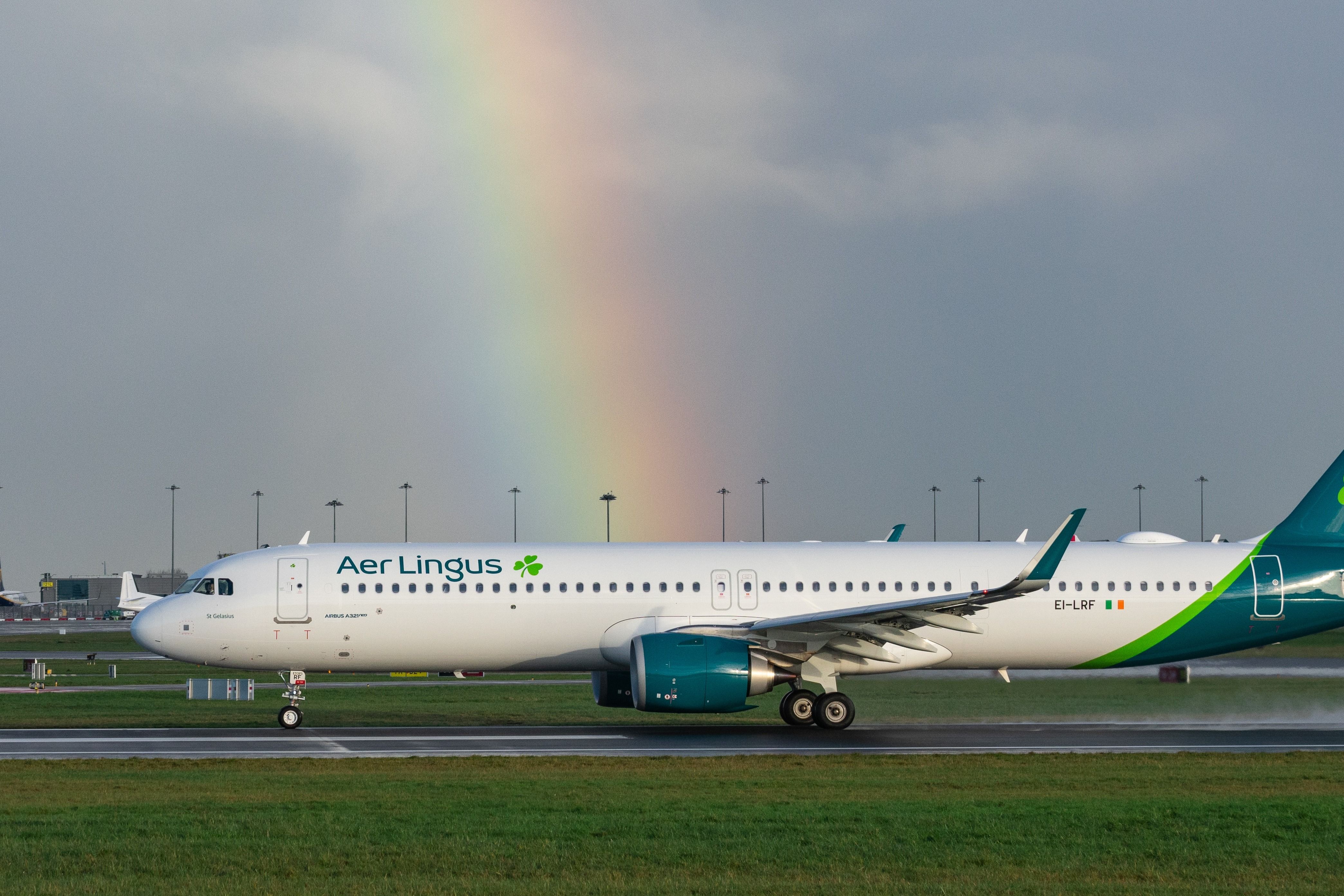
Related
Aer Lingus Will Ground 1 Airbus A330 & Scale Back A320s As It Tackles Costs & Impact Of Dublin Airport Passenger Cap
Like Aer Lingus, many other airlines have complained about the impacts of the passenger cap at Dublin Airport (DUB).
Fanning the flames against ministers
Micheal O’Leary, the chief executive officer (CEO) of Ryanair, stated that it was “deeply regrettable that the airlines had to take legal action to stay the idiotic cap” at the airport because Eamon Ryan, the Transport Minister of Ireland, “wouldn’t do his job and issue a letter to the IAA.”
“The Dublin Airport cap is in breach of EU law and any competent Transport Minister (not to mention Tourism Minister, Catherine Martin) would have acted to scrap this outdated and damaging cap.”
Photo: Ceri Breeze | Shutterstock
O’Leary hoped that the next election would result in the Green Party being voted out, with the Irish executive referring to the party as an entity whose “deadhanded incompetence” has to be removed from Irish tourism and aviation.
The CEO concluded that this would allow Ryanair to grow at Dublin Airport (DUB) instead of investing in growth at Belfast International Airport (BFS), Italy, and Poland.
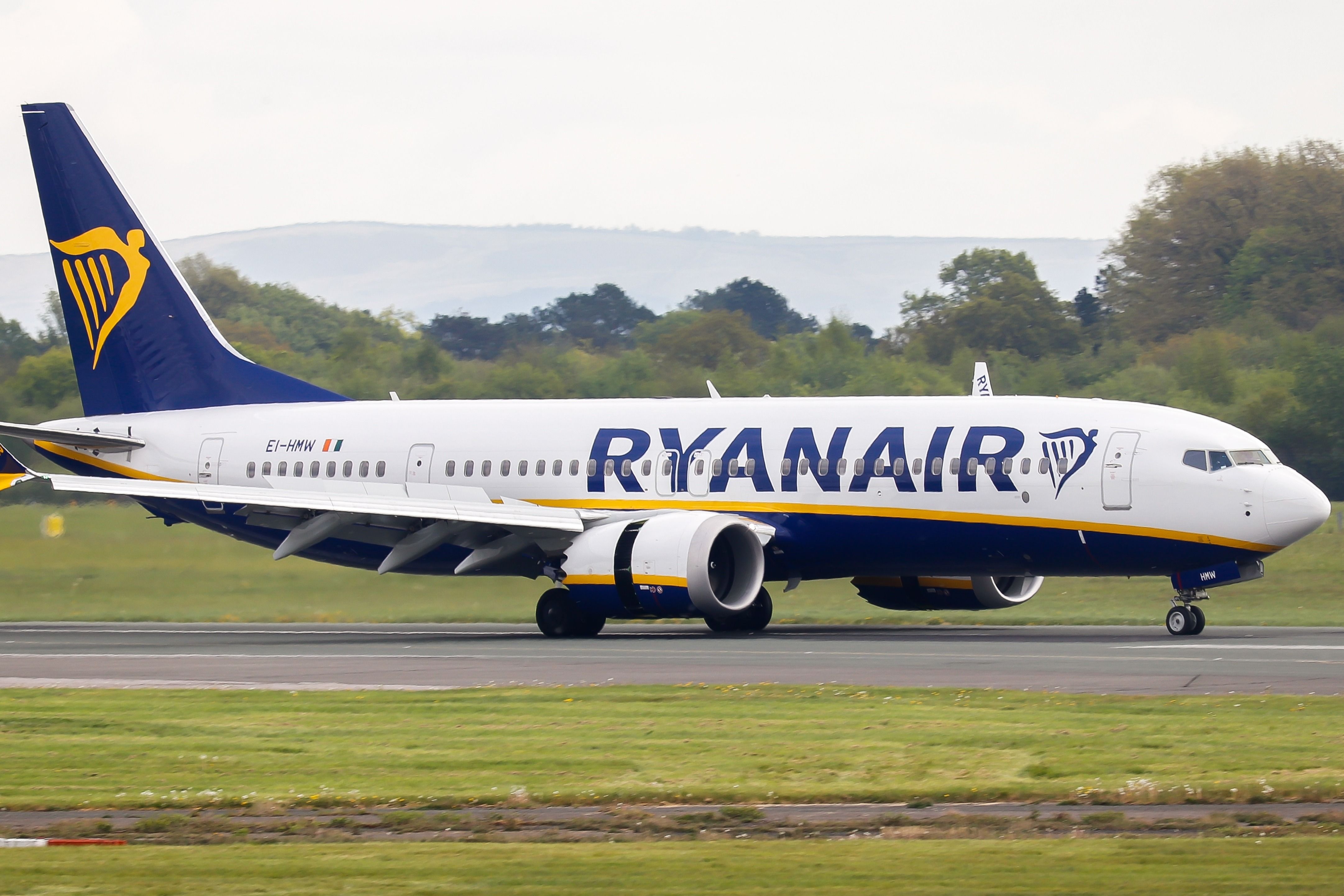
Related
Ryanair Keeps Pressuring Irish Lawmakers To Grow Ireland’s Passenger Traffic
Ryanair has continued its dispute against Eamon Ryan, the Transport Minister of Ireland.
Restrictions imposed in 2007
When the IAA published its final capacity decision for the upcoming summer season on October 10, which will run from March 30, 2025, to October 25, 2025, inclusive, the Irish regulator said that it had imposed Passenger Air Traffic Movement (PATM) restrictions for the winter 2024 season, running from October 27 until March 29, 2025.
The IAA had to take account of planning conditions related to Terminal 1 and Terminal 2 at Dublin Airport (DUB), which stated that:
“The combined capacity of Terminal 2 as permitted together with Terminal 1 shall not exceed 32 million passengers per annum unless otherwise authorised by a further grant of planning permission.”
The Irish authority reiterated that it had no role in imposing the 32 million passenger cap or any legislative power to remove and/or amend it.
Photo: LukaCvetkovic | Shutterstock
As a result, the IAA initially warned the chairperson of the Coordination Committee in August that it would likely be unable to reallocate all historic slots from the summer 2024 season for the upcoming summer season.
In a follow-up meeting, Mott MacDonald, representing the chairperson of the Coordination Committee, laid out three potential scenarios: accepting airline submissions for historic slots above the 25.2 million seat cap, not allocating any new PATM slots or approving airline requests to increase total seats on historic slots, or, if total allocated slots exceed the PATM seat cap, then airlines would be assigned a seat cap that they would have to comply with.
“To the extent that the seasonal PATM seat parameter may be insufficient to permit the full reallocation of historic slot series from S24, reductions in seats to be applied on a prorata basis across all air carriers holding historic seats from the Summer 2024 season.”
The IAA concluded that it expected the demand for slots for Summer 2025 to significantly exceed the 25.2 million seat cap, adding that slot regulations mandated to prioritize airlines that operated a series of slots (five weeks or longer) during the previous summer season.
Photo: Peter Krocka | Shutterstock
However, the Irish regulator noted that not all historic slots could be accommodated within the seat cap, and the decision will result in little if any, available capacity for new slot requests or even ad hoc slot requests.
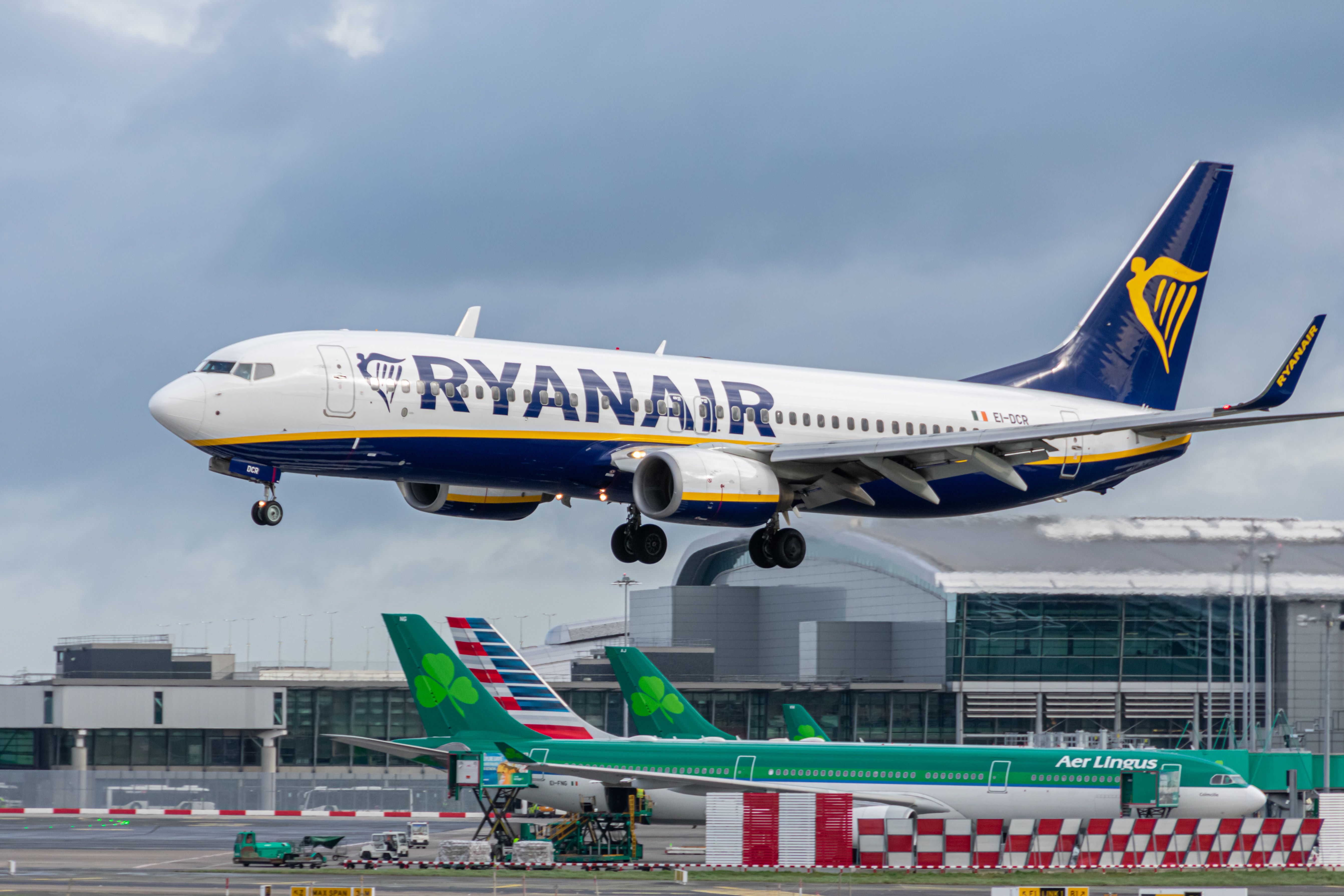
Related
Ryanair Says Traffic Cap At Dublin Airport Has Blocked Over 1 Million Seats This Winter
Dublin Airport (DUB)-based airlines have repeatedly criticized the passenger cap that will be imposed during the upcoming winter season.

